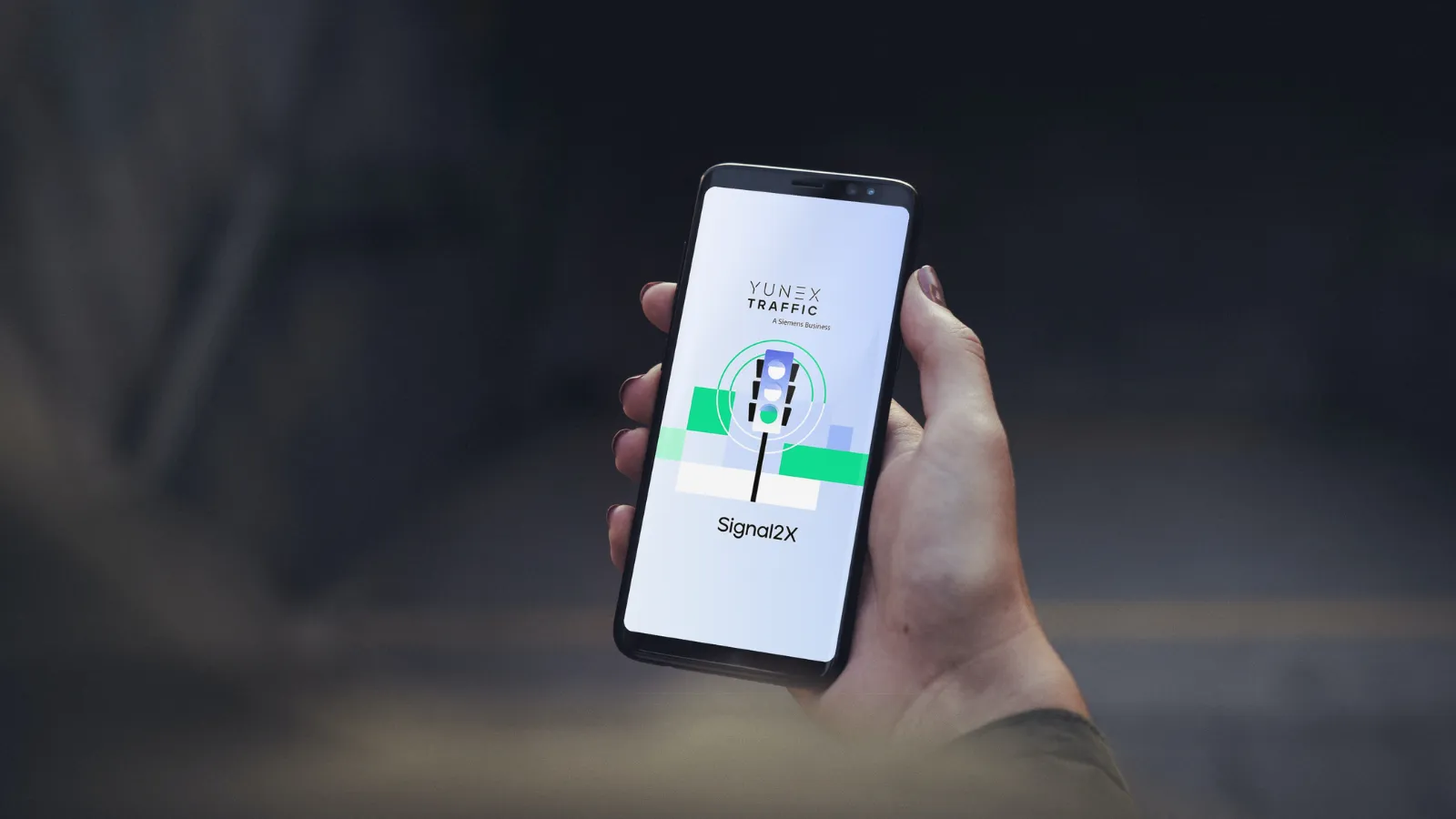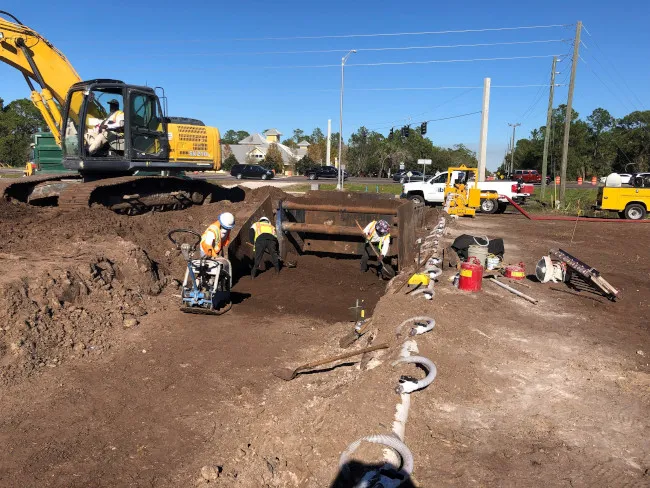
Yunex Traffic is installing a traffic light phase assistant in Darmstadt, Germany, which generates real-time traffic data to create a green wave for traffic flow.
Yunex’s assistant, which will be incorporated into the city’s DAnalytics project, will inform road users via the company’s recently launched Signal2X smartphone app, about the optimal travel speed they should maintain to ride the green wave.
A so-called green wave occurs when a driver travelling at a specific speed along an urban road sees, in the distance, a progressive cascading of green lights at intersections. The idea is to coordinate the traffic lights to allow for continuous traffic flow over several intersections in one main direction without a driver having to stop and wait at red lights. By not stopping, there is a reduction in noise, vehicle emissions and energy use which creates a healthier environment along the route and nearby city areas.
In practical use, only a group of cars - known as a platoon, the size of which is defined by the signal times - can use the green wave before the lights change Another green wave is then created for vehicles coming from other directions.
Yunex said that its assistant will help improve air quality in Darmstadt and increases the quality of life in the city.
In order to reduce pollutants and emissions and shorten travel times, Darmstadt launched the Darmstadt Analytics – Danalytics – project in 2018. The aim of the project funded by the BMDV - Federal Ministry for Digital and Transport - is to exploit the possibilities of big data analyses in the field of traffic management so that road users and the environment benefit equally.
“Our multimodal traffic light phase assistant ensures this with smart technologies and thus forms a central element in a sustainable traffic ecosystem," said Stefan Eckert, a managing director responsible for sales and project management at Yunex Traffic Germany.
Yunex said that a central element of Darmstadt’s DAnalytics traffic management is its multimodal traffic light phase assistant. The company was recently commissioned by Darmstadt through a European-wide public tender to set up the assistant. Smart sensors and other components for traffic light coordination will be tested in a cooperative real-world laboratory (public transport/car/bicycle/pedestrian traffic) by this autumn and then implemented throughout the city.
The traffic light phase assistant uses intelligent algorithms to calculate the optimal speed for driving the green wave. The reliability of the prognosis is up to 99.8%, according to Yunex. It will account for current traffic conditions and sudden events in the calculations.
Drivers, cyclists, buses and trams receive the green time forecasts in real time via the Signal2X smartphone app, which was presented for the first time at the recent Intertraffic 2022 Amsterdam, a major international trade fair for traffic technology. The app will be available free of charge for smartphones with iOS and Android operating systems in the App Store and, for the first time in Germany, also for Apple CarPlay and Android Auto.
In the long term, the speed recommendations should not only be available via the app, but also integrated into common navigation systems via a cloud system.
In addition, data from the traffic light phase assistant is continuously fed back to the DAnalytics analytical platform to create a database for both the central traffic computer and for traffic planners to enable environmentally sensitive traffic management.
Yunex Traffic, a separately managed company of Siemens Mobility, said it plans to roll out the system to other cities and countries. Its intelligent mobility solutions are being used in other major cities, including Dubai, London, Berlin, Bogota and Miami.








